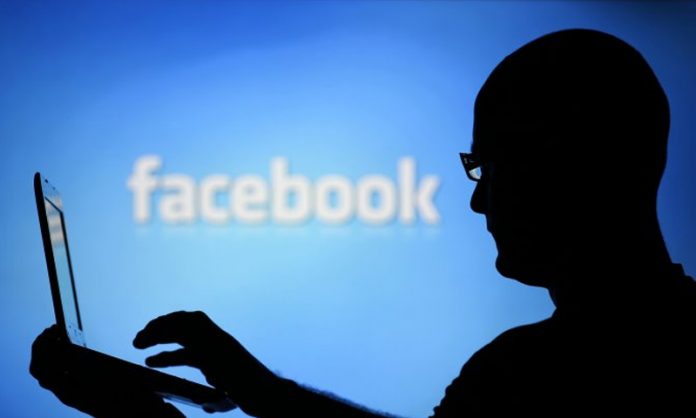An attack on Facebook’s computer network has exposed the information of nearly 50 million users, the company said Friday.
According to a report by The New York Times, Facebook found the breach earlier this week. Hackers had used a part of the social media platform’s code to take over user accounts.
Facebook has logged out the 50 million breached users — plus another 40 million who were vulnerable to the attack. Users don’t need to change their Facebook passwords, it said.
Facebook has fixed the vulnerability and informed law enforcement officials of the breach, the company said.
It says it doesn’t know who’s behind the attacks or where they’re based. In a call with reporters on Thursday, CEO Mark Zuckerberg said that the company doesn’t know yet if any of the accounts that were hacked were misused.
The hack is the latest setback for Facebook during a tumultuous year of security problems and privacy issues. So far, though, none have significantly shaken the confidence of the company’s 2 billion global users.
This latest hack involved a bug in Facebook’s “View As” feature, the company said in a blog post. That feature lets people see how their profiles appear to others. The attackers used that vulnerability to steal “access tokens,” which are digital keys that Facebook uses to keep people logged in. Possession of those tokens would allow attackers to control those accounts.
“We haven’t yet been able to determine if there was specific targeting” of particular accounts, Guy Rosen, Facebook’s vice president of product management, said in a call with reporters. “It does seem broad. And we don’t yet know who was behind these attacks and where they might be based.”
Jake Williams, a security expert at Rendition Infosec, said the stolen access tokens would have likely allowed attackers to view private posts and probably to post status updates or shared posts as the compromised user, but not passwords.
“The bigger concern (and something we don’t know yet) is whether third-party applications were impacted,” Williams said in a text exchange. He noted that the company’s “Facebook Login” feature lets users log into other apps and websites with their Facebook credentials. “These access tokens that were stolen show when a user is logged into Facebook and that may be enough to access a user’s account on a third party site,” he said.
News broke early this year that a data analytics firm once employed by the Trump campaign, Cambridge Analytica, had improperly gained access to personal data from millions of user profiles. Then a congressional investigation found that agents from Russia and other countries have been posting fake political ads since at least 2016. Zuckerberg appeared at a Congressional hearing over Facebook’s privacy policies in April.
The Facebook bug is reminiscent of a much larger attack on Yahoo in 2013 in which attackers compromised 3 billion accounts — enough for half of the world’s entire population. In the case of Yahoo, information stolen included names, email addresses, phone numbers, birthdates and security questions and answers.
Ed Mierzwinski, the senior director of consumer advocacy group U.S. PIRG, said the breach was “very troubling.”
“It’s yet another warning that Congress must not enact any national data security or data breach legislation that weakens current state privacy laws, pre-empts the rights of states to pass new laws that protect their consumers better, or denies their attorneys general rights to investigate violations of or enforce those laws,” he said in a statement.
Wedbush analyst Michael Pachter said “the most important point is that we found out from them,” meaning Facebook, as opposed to a third party.
“As a user, I want Facebook to proactively protect my data and let me know when it’s compromised,” he said. “Shareholders should ultimately approve of Facebook’s handling of the issue.”





